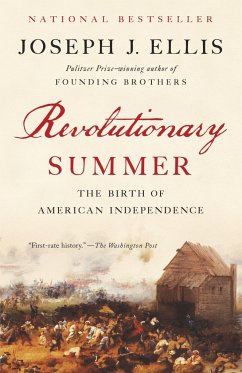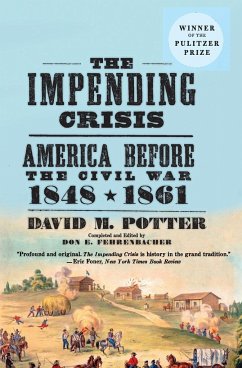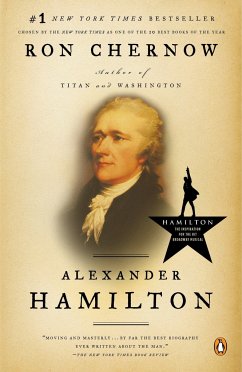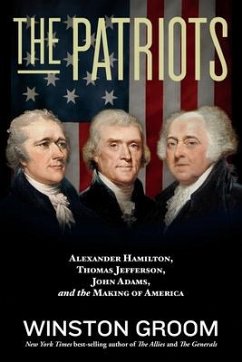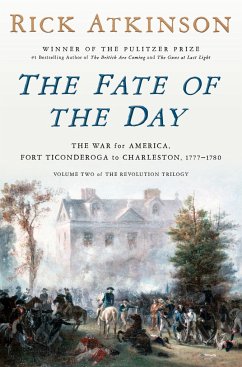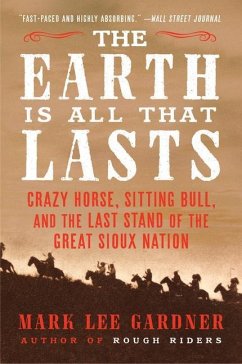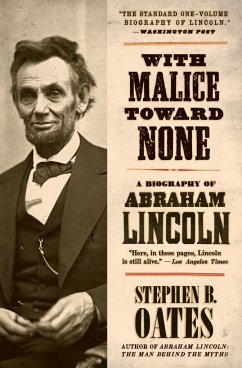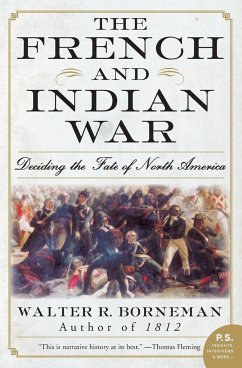
The Boston Massacre
A Family History

PAYBACK Punkte
9 °P sammeln!
"Historical accuracy and human understanding require coming down from the high ground and seeing people in all their complexity. Serena Zabin's rich and highly enjoyable book does just that."-Kathleen DuVal, Wall Street JournalA dramatic, untold "people's history" of the storied event that helped trigger the American Revolution.The story of the Boston Massacre-when on a late winter evening in 1770, British soldiers shot five local men to death-is familiar to generations. But from the very beginning, many accounts have obscured a fascinating truth: the Massacre arose from conflicts that were as...
"Historical accuracy and human understanding require coming down from the high ground and seeing people in all their complexity. Serena Zabin's rich and highly enjoyable book does just that."-Kathleen DuVal, Wall Street Journal
A dramatic, untold "people's history" of the storied event that helped trigger the American Revolution.
The story of the Boston Massacre-when on a late winter evening in 1770, British soldiers shot five local men to death-is familiar to generations. But from the very beginning, many accounts have obscured a fascinating truth: the Massacre arose from conflicts that were as personal as they were political.
Professor Serena Zabin draws on original sources and lively stories to follow British troops as they are dispatched from Ireland to Boston in 1768 to subdue the increasingly rebellious colonists. And she reveals a forgotten world hidden in plain sight: the many regimental wives and children who accompanied these armies. We see these families jostling with Bostonians for living space, finding common cause in the search for a lost child, trading barbs, and sharing baptisms. Becoming, in other words, neighbors. When soldiers shot unarmed citizens in the street, it was these intensely human, now broken bonds that fueled what quickly became a bitterly fought American Revolution.
Serena Zabin's The Boston Massacre delivers an indelible new slant on iconic American Revolutionary history.
A dramatic, untold "people's history" of the storied event that helped trigger the American Revolution.
The story of the Boston Massacre-when on a late winter evening in 1770, British soldiers shot five local men to death-is familiar to generations. But from the very beginning, many accounts have obscured a fascinating truth: the Massacre arose from conflicts that were as personal as they were political.
Professor Serena Zabin draws on original sources and lively stories to follow British troops as they are dispatched from Ireland to Boston in 1768 to subdue the increasingly rebellious colonists. And she reveals a forgotten world hidden in plain sight: the many regimental wives and children who accompanied these armies. We see these families jostling with Bostonians for living space, finding common cause in the search for a lost child, trading barbs, and sharing baptisms. Becoming, in other words, neighbors. When soldiers shot unarmed citizens in the street, it was these intensely human, now broken bonds that fueled what quickly became a bitterly fought American Revolution.
Serena Zabin's The Boston Massacre delivers an indelible new slant on iconic American Revolutionary history.




